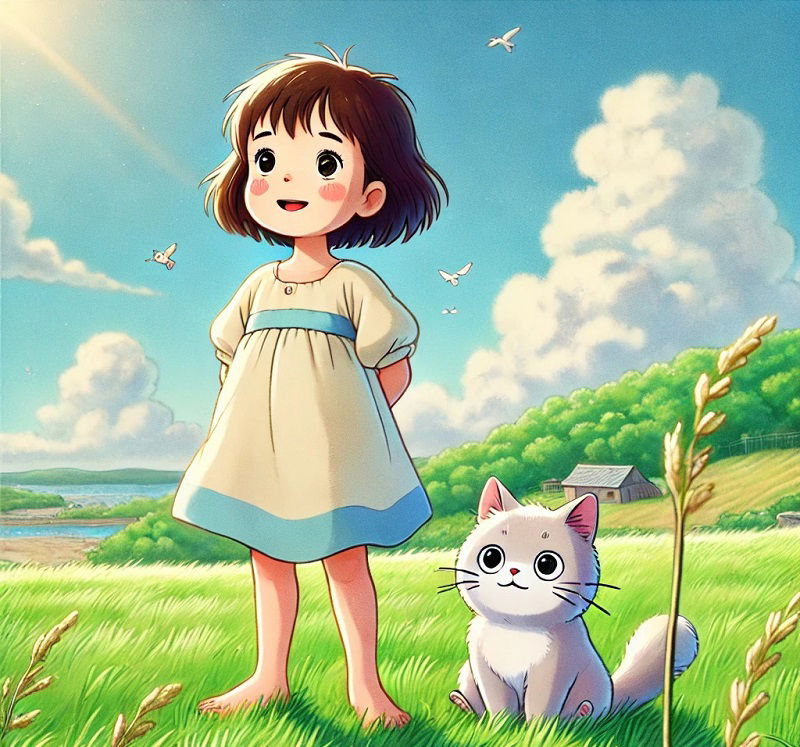Knowridge
1d
22

Image Credit: Knowridge
ChatGPT’s Studio Ghibli-style images raise new copyright problems
- The latest update to ChatGPT by OpenAI has enhanced its image generation capabilities, allowing users to create Ghibli-style images quickly and accurately.
- It uses an autoregressive algorithm that treats images as 'tokens,' enabling better separation of visual elements and creating images based on precise prompts.
- Generative AI systems like ChatGPT are considered 'style engines' that draw on vast data to recognize and replicate patterns in images and text.
- AI encodes styles rather than storing traditional information, allowing for a wide range of creative possibilities in combining and transferring styles.
- While generative AI's ability to work with styles is powerful, it raises concerns regarding copyright, especially when distinctive artistic styles are replicated without permission.
- There have been copyright controversies as AI-generated works mimic artists' distinctive styles, potentially impacting their livelihood and legacy.
- Some artists have taken legal action against AI companies for using their original works without permission to train image generators.
- As technology outpaces existing laws, new legislation is being proposed to balance technological innovation with protecting artists' creative identities.
- Debates around AI style engines underscore the need to explore their creative potential while ensuring nuanced protections for unique artistic styles.
- The transformative nature of AI raises new questions about copyright, artistic ownership, and the potential impact on artists and their creative output.
Read Full Article
1 Like
For uninterrupted reading, download the app